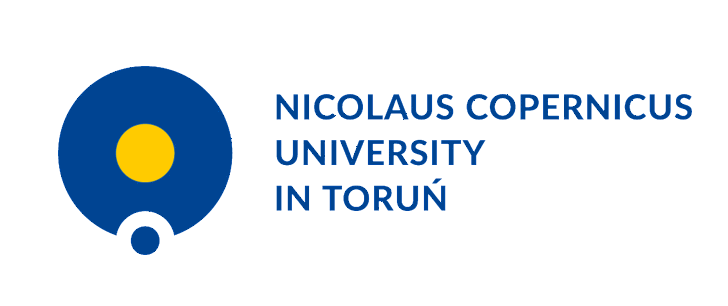When preparing for your trip to Toruń, please pay particular attention to the following formalities and tips:
VISA AND RESIDENCE PROCEDURES:
- EU citizens and citizens from EFTA countries (Norway, Liechtenstein, Iceland, Switzerland), do not need any visa to enter Poland. If they plan to stay in Poland up to 3 months, they only need an ID document (a valid passport, or another document certifying their identity and citizenship), with the exception of citizens of Switzerland who should present their valid passport.
If, however, your stay in Poland is for more than 3 months, you should apply for registering the residence (ZAREJESTROWANIE POBYTU) at Voievodeship's Office in Bydgoszcz (Wydział Spraw Obywatelskich i Cudzoziemców) at the Civil Affairs and Migration Office.
URZĄD WOJEWÓDZKI is situated in Bydgoszcz, ul. Konarskiego 1-3, III floor, room 33 (building B), tel. 052 34 97 247/349 (Office hours: 8 a.m. - 3 p.m., Mon., Thur., - Fri.; 8 a.m. - 5.45 p.m. Tue.; 8 a.m. - noon Wed.)
More information here. Information in Polish here.
The documents that are required in order to apply for registering the residence are as follows:
- A letter from the Department of International Partnerships and Educational Mobility - DIPEM ("Erasmus Office") in Toruń confirming that you are the Erasmus+ student of the Nicolaus Copernicus University in Polish
- A letter from your home university stating the amount of Erasmus+ grant you receive (in English)
- your passport or national ID card
- the European Health Insurance Card.
If you have private Health Insurance which is valid in Poland during the whole period of stay, you have to have it translated into Polish by a sworn translator. - 1 oryginal application form for registering the residence completed in Polish
- Citizens from non-EU/EFTA countries require a visa to enter the territory of Poland. The visas are issued by the Polish Consulates or Embassies in your country of residence. You should apply for a long-term visa for the whole planned period of stay in Poland.
To obtain a visa you need the following documents:- A valid passport (the passport expires no ealier than three months before the expiration date of requested visa; it has at least two blank pages - the visa is usually put in the form of visa sticker; the passport was issued in the past 10 years)
- Visa application form
- Current passport biometric photographs
- A letter of acceptance as an Erasmus+ student from the Nicolaus Copernicus University with the dates of your studies in Toruń
- An official statement from your home institution confirming the amount of grant
Addresses of Polish embassies and consulates can be found on the website of the Polish Ministry of Foreign Affairs.
If you have a visa for the duration of your studies in Poland, you are not obliged to apply for a residence permit.
Other useful websites: https://cudzoziemcy.gov.pl/en/, https://udsc.gov.pl/en/
INSURANCE AND MEDICAL CARE IN POLAND
All international students/lecturers coming to Poland require an adequate health insurance. Proof of it for the time of your stay in Poland has to be presented upon your arrival at Toruń, when you apply for a valid residence status in Poland (see Visa and Residence Procedures 1) and when you register at our university.
- If you come from an EU/EFTA country (excluding Switzerland) you should bring the European Health Insurance Card or its substitute certificate, completed by the public health insurance company in your home country. On the basis of this document you will be entitled to a free medical assistance in Poland according to the Polish state health regulations.
Provided you have private health care cover in your home country and this insurance is valid in Poland during your stay, you may also bring a certificate issued by your private health insurance company. The dates included in this certificate should be correspondent to the time of your stay in Poland. In case of the private health insurance you have to pay for a medical consultation both at public and private sector. The cost is then reimbursed by your health insurance company. - Citizens of non-EU/EFTA (including Switzerland) countries should purchase health care and casualty insurances in your home country before departure (coverage with respect to the cost of medical treatment, consequences of accidents, and civil liability).
It is highly recommended to have the certificate of your private health insurance translated into Polish by a sworn translator!
More information on the health state regulations in Poland can be found on the Internet pages of the National Health Fund (NARODOWY FUNDUSZ ZDROWIA) > Choose English version.
MEDICAL CARE AT NCU
Medical care at NCU is thoroughly presented during Orientation Week.
If you don't need a doctor, but simply some medicine, find a pharmacy (APTEKA). They're marked with a green cross on a white background. Some medicines are only available when prescribed (e.g. antibiotics) but Polish pharmacies supply also numerous homeopathic and other complementary medicines.
